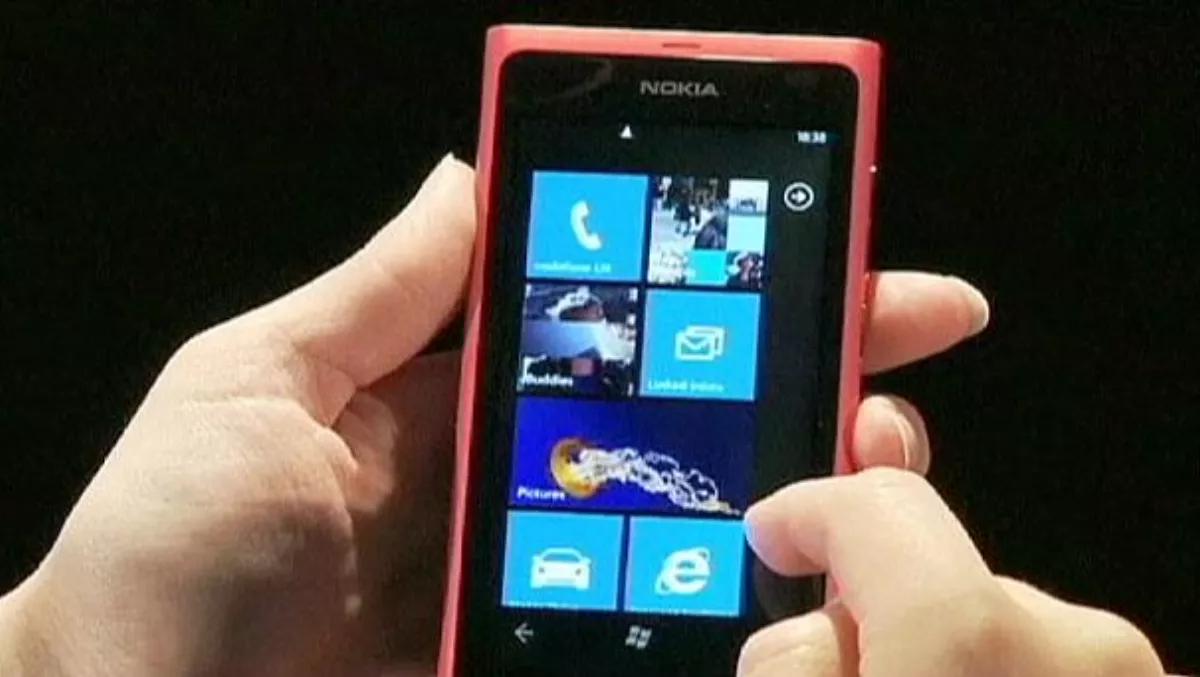
Microsoft shows consumer tech mettle with Nokia phone buy
The news of Microsoft’s acquisition of Nokia’s Devices & Services business marks a highly significant change of trajectory for the Redmond-based software giant.
That is according to Ovum analysts, who believes the sale signals a shift in the mobile phone market.
“While enabling Microsoft to face industry rivals such as Apple, Google and Samsung on more equal terms, it also represents an indicator for the future of consumer tech industry more generally and a symbolic end to the mobile phone industry we’ve known until today,” believes Tony Cripps, principal device analyst at Ovum.
"The sale of Nokia’s mobile phone business demonstrates conclusively the need for major consumer technology vendors to create ever deeper and wider offerings to consumers and ecosystem participants in terms of their device, platform and service offerings.
"This approach is no longer simply an option but a pre-requisite to competing successfully in this highly converged market."
Under the terms of the agreement, the software giant will pay EUR 3.79 billion to purchase Nokia’s Devices & Services business, and EUR 1.65 billion to license Nokia’s patents, for a total transaction price of EUR 5.44 billion in cash.
Nevertheless, Cripps believes there is still much to resolve if the acquisition is really to have meaningful impact.
"While Microsoft and Nokia have jointly been increasing the money flow through the Windows Phone marketing faucet of late it will take mega bucks to take on Apple and Android head-cheerleader Samsung for marketing volume and volume shipments," he says.
"We need to see that kind of commitment coming before we can really count Microsoft in the same league as its two main competitors."
Cripps also admits there is a sense that while Microsoft has many of the key elements for consumer tech market success in place, too many of those elements feel not quite at parity with their rivals.
“That said Microsoft has some areas of definite advantage over its rivals across this vast battleground, especially in gaming (via Xbox), in consumer-business crossover services such as VoIP (Skype) and in the ease of integration of Windows Phone with its own Office 365," he adds.
"We shouldn’t forget its huge global installed base of PCs, which are as much a part of the complete picture as smartphones, tablets and online services."
What is almost for certain is that beyond Apple and Google, Cripps believes Microsoft is the best equipped of today’s consumer tech giants to be able to put all the requisite pieces in place to succeed long term.
"Execution is another matter though and Ovum needs to see sustained progress in Windows Phone shipments over the next three or four years - 15% market share is a good target to aim for - to be convinced that Microsoft can establish itself as a real consumer tech market maker rather than a follower," he concludes.
“The heat may be off for Nokia’s shareholders but for Microsoft’s investors the fire is only just being stoked.”

